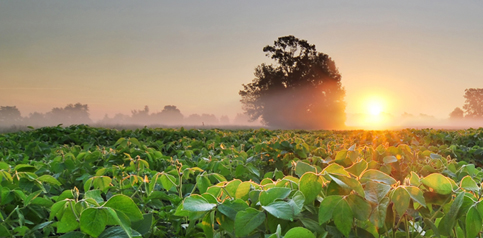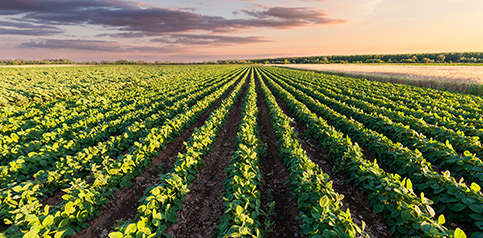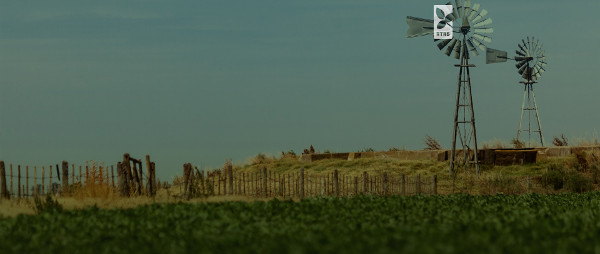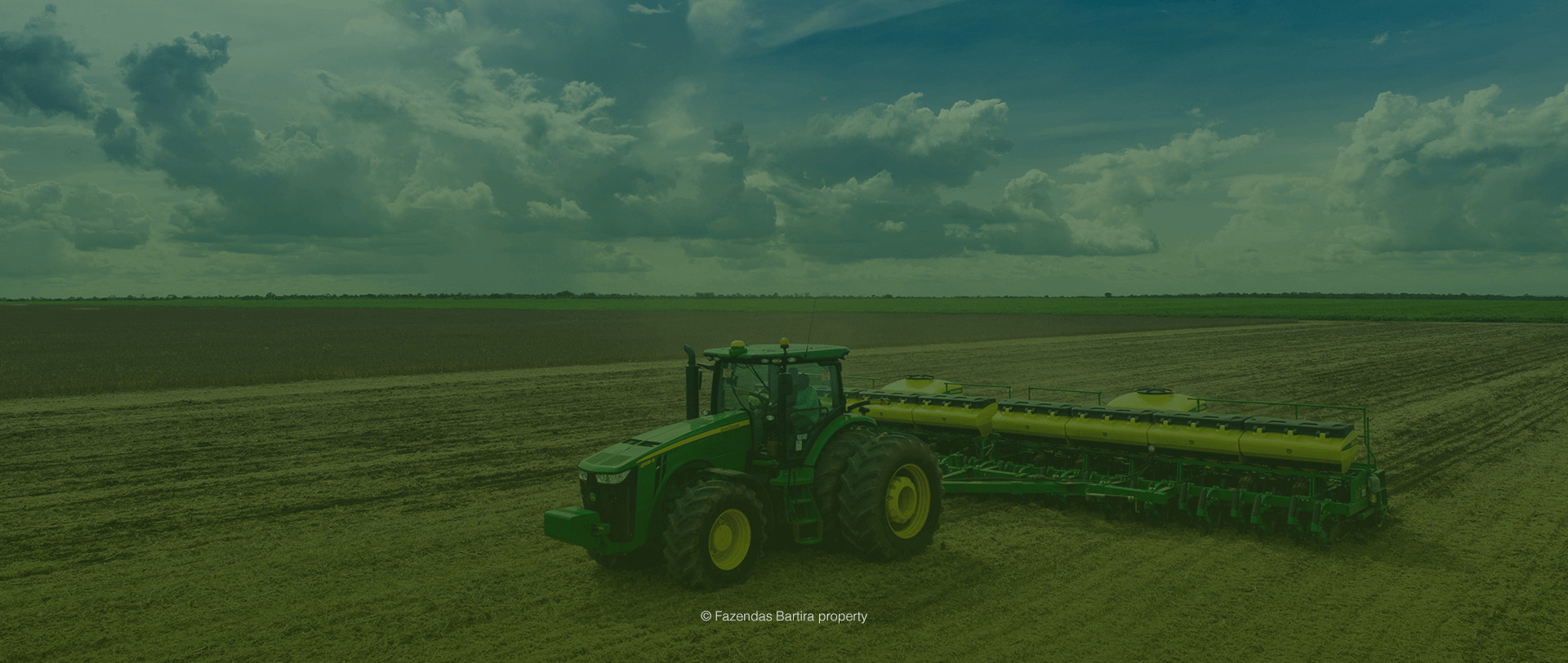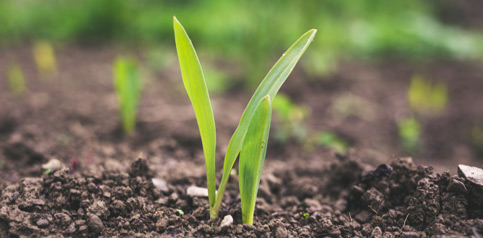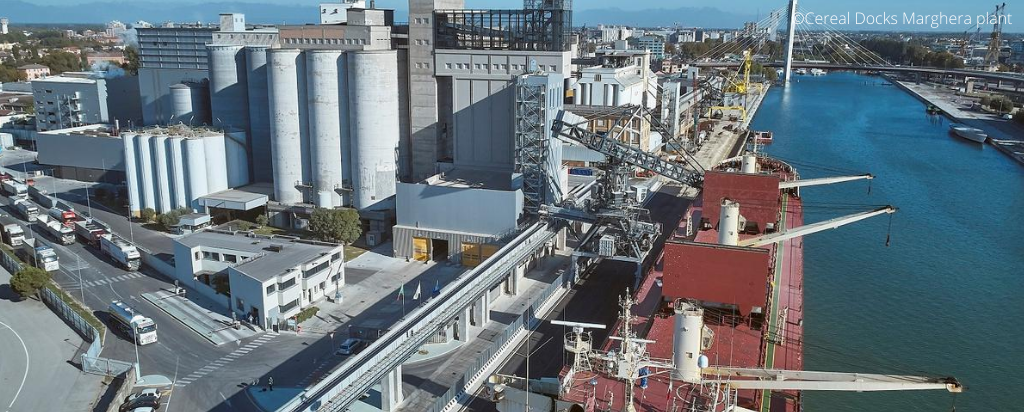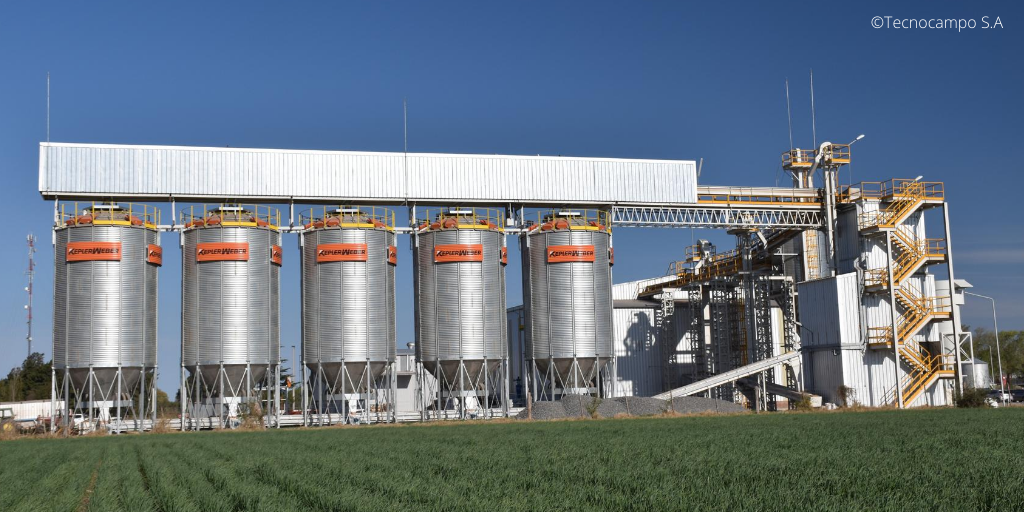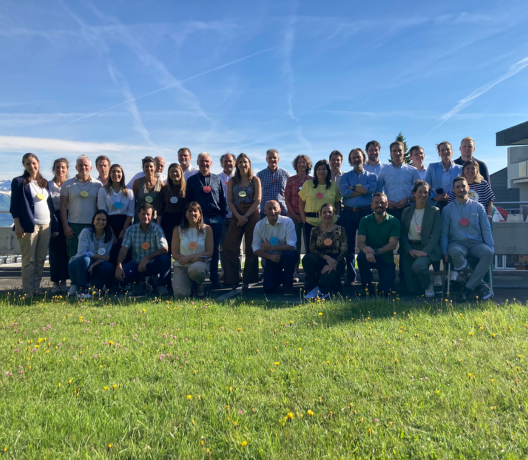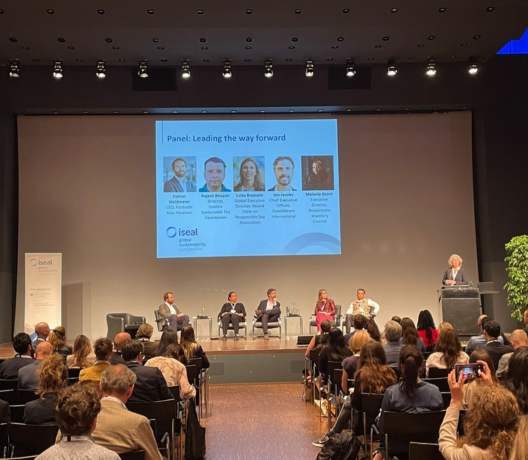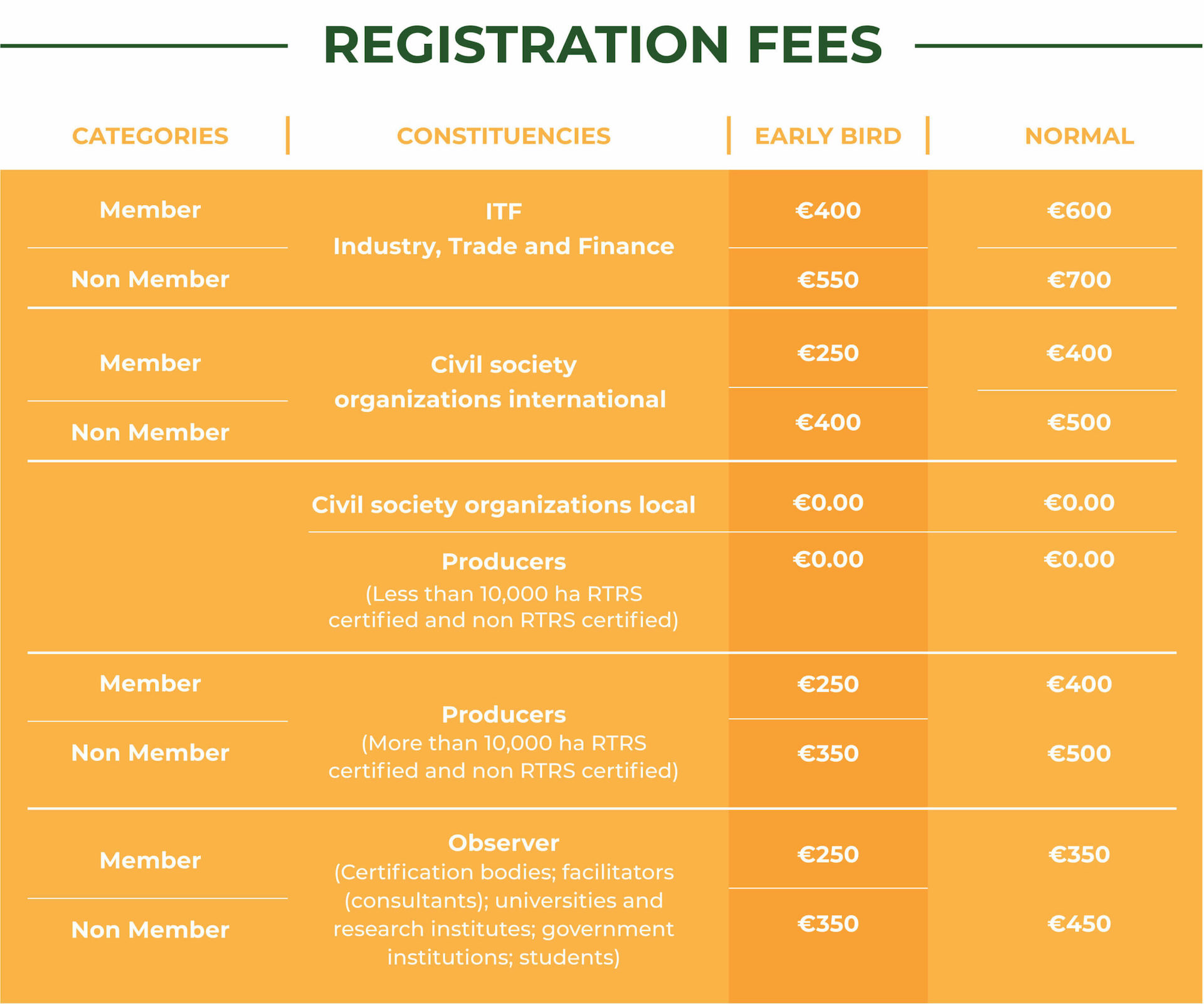2020 Certification Record for RTRS Chain of Custody
During the first half of the year, 33 new sites in Argentina, Brazil, India, The Netherlands, Paraguay, and Turkey were certified against the RTRS Chain of Custody Standard; this number includes eleven ports. To date, there are 84 certified sites to receive RTRS-certified physical soy.[1]
Between the end of 2019 and this first half of the year, the demand for RTRS Chain of Custody certification has increased exponentially and the number of certified sites shows the strengthening of RTRS sustainable soy supply system worldwide.
RTRS Chain of Custody Standard establishes requirements for the different traceability systems that an organization must implement to keep control of the inventories of soy certified against RTRS Standard for Responsible Soy Production. It must be applied across the entire supply chain and it is mandatory for organizations wishing to receive, process and trade RTRS soybeans or soy byproducts.
Between November 2019 and July 2020, a total of 33[2] new sites were certified against RTRS Chain of Custody Standard under RTRS Mass Balance and/or Segregation, including, in some cases, the RTRS non-GMO scope.
In Europe, Bunge Netherlands BV certified one site in The Netherlands, which includes four central offices[3], one storage and one processing plant; and in Asia, in India, Kriti Nutrients Limited certified a processing plant.
In Latin America, in Argentina, LDC Argentina S.A. certified two sites, each with its storage and processing plant, and two ports in Santa Fe Province, in Timbúes (San Lorenzo), and in General Lagos (Rosario). COFCO International Argentina S.A. obtained certification for three sites, which include one storage, one processing facility and one port in the Industrial Complex, in Santa Fe Province, Timbúes (San Lorenzo), and two storage plants in the provinces of Córdoba and Salta (Acopio Las Varillas and Piquete Cabado, respectively). Alimentos de Soja S.A. (AdeS beverage producers) certified one site, which includes one receiving area, one storage facility, one processing plant and one packaging plant, and also Bullmark S.R.L. certified one site, which includes one storage, sorting and bagging facility.
In Brazil, Louis Dreyfus Company certified six sites, including three storage facilities, a processing plant and two ports, one in Santos, São Paulo, and one in Santarém, Pará. Vegetallis Indústria e Comércio also certified a processing plant in Paraná.
Moving to Paraguay, COFCO International Paraguay S.A. certified ten sites, which comprises ten storage facilities and four ports: Puerto Pacu Cua (Encarnación), SARCOM Rosario (Villa del Rosario) and SARCOM San Antonio (San Antonio) and Custodia (Villeta). And LDC Paraguay S.A. certified three sites including three storage facilities, a processing plant and two ports, Trociuk (Encarnación) and Caiasa (Villeta).
Furthermore, in Brazil, in December 2019 Cataratas do Iguaçu Produtos Orgânicos Ltda. certified three sites including a processing plant, two storage facilities and one transshipment in Paranaguá, Paraná, and in November that same year, Sodrugestvo Turkey Tarim TAS. ITH. IHR. TIC. A.S., in Turkey, certified a processing plant.
It is important to mention that Alimentos de Soja S.A., Bullmark S.R.L. and Cataratas do Iguaçu Produtos Orgânicos Ltda. obtained RTRS Chain of Custody and Segregation certification including the non-GMO scope for handling, processing and trading of RTRS non-GMO soy. Kriti Nutrients Limited obtained Chain of Custody and Mass Balance certification to process RTRS non-GMO soy.
As a multistakeholder association connecting all stakeholders in the soy value chain worldwide, RTRS celebrates this significant progress in terms of commitment to sustainable soy shown by processing and trading companies, that choose RTRS certification as a practical and reliable tool to fulfill their sustainability goals and therefore those of other players in the soy value chain This is a milestone in the supply of RTRS physical material (mass balance) showing that achievements of scale are possible through the joint effort of all players across the soy value chain.
It is worth noting that the organizations and sites described above join other 14 organizations and 51 sites (including six ports) certified and recertified against RTRS Chain of Custody Standard between 2011 and 2019. These are some of the organizations and certified sites in each country:
Argentina
- Kumagro S.A. (Río Primero, Córdoba): 1 storage facility.
- Molinos Agro S.A. (San Lorenzo, Santa Fe): 1 storage facility,1 processing plant and 1 port.
- Tecnocampo S.A. (Monte Cristo, Córdoba): 1 storage facility and 1 processing plant.
Molinos Agro S.A. is certified against RTRS Chain of Custody Standard since 2011 including the EU RED RTRS scope which allows trading of soy as raw material for biofuels to European Union member states.
Kumagro S.A. and Tecnocampo S.A. obtained their RTRS Chain of Custody and Segregation certification in 2014 and 2019, respectively; Tecnocampo S.A., has additionally been certified under the non-GMO scope which allows them to handle, process and trade RTRS non-GMO soy.
Brazil
- Amaggi Exportação e Importação (Cuiabá, Mato Grosso): 13 storage facilities, 2 processing plants and 5 ports.
- Cargill Agrícola S.A. (Sao Paulo): 17 storage facilities and 2 processing plants.
- Unilever Brasil Industrial LTDA (Pouso Alegre, Minas Gerais): 1 processing plant.
- Sociedade de Armazenamiento e Agricultura Limitada (SAAG) (Santana da Vargem, Minas Gerais): 1 storage facility
Amaggi Exportação e Importação is also certified against RTRS Chain of Custody Standard since 2012 under the EU RED RTRS scope which allows trading of soy as raw material for biofuels to European Union member states. Sociedade de Armazenamento e Agricultura Ltda (SAAG) is certified against RTRS Chain of Custody and Segregation since 2015 including the non-GMO scope, which allows them to handle, process and trade RTRS non-GMO soy.
Cargill Agrícola S.A. is certified against RTRS Chain of Custody Standard since 2015 and is currently undergoing the recertification process for 17 sites, which include 17 storage facilities and 2 processing plants. The updated certificate will include 26 new sites, which means that by the end of the year, Cargill will have, in Brazil, a total of 43 certified sites.
Italy
- Cereal Docks SPA (Vicenza): 1 central office.
- Cereal Docks Marghera SRL Marghera (Venice): 1 processing plant.
Uruguay
- Mibamar S.A. (Fray Bentos): 1 storage facility.
Click here to access to the world map and the full list of RTRS Chain of Custody certified organizations.
Notes:
- Learn more about the RTRS Chain of Custody Standard Country Material Balance; Site Mass Balance or Segregation, including non-GMO scope (Module D).
- The EU RED RTRS scheme is recognized by the European Commission – Renewable Energy Directive Therefore, EU RED certified supply chains can export soy to any European Union member state as a raw material for biofuels. Learn more here.
- Find information about producers, hectares and tons certified against RTRS Responsible Soy Production Standard
- Certification Bodies are responsible for auditing and certifying RTRS standards through qualified RTRS Lead Auditors. Certification Bodies are in turn accredited by Accreditation Bodies. Organizations above were certified against Chain of Custody by the following entities: Control Union (13 certificates); FoodChain ID (5 certificates); SGS Group (2 certificates) and Bureau Veritas (2 certificates). Learn more here.
Referencias:
[1] The criteria for listing and identifying organizations and their certifications respond to strictly communicational purposes. Thus, organizations certified between November 2019 and July 2020 are listed in alphabetic order by certification date, newest to oldest. Organizations certified between 2011 and 2019 are listed by country, in alphabetic order, and by certification date, oldest first.
[2] Data collected as of July 27, 2020.
[3] The company’s office where it is centrally administered and documented the Internal Control System (ICS) for the management and implementation of the RTRS chain of custody requirements.


